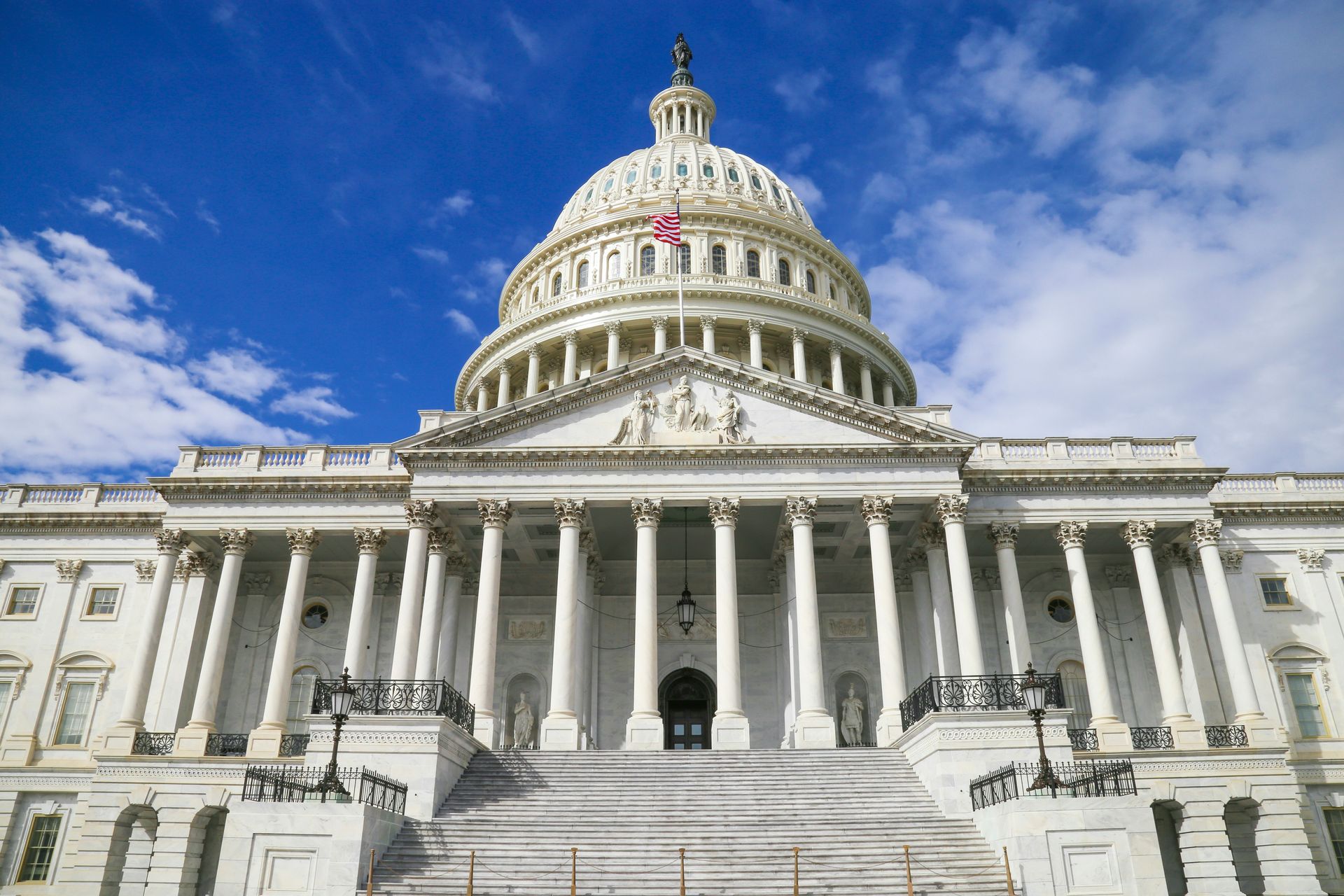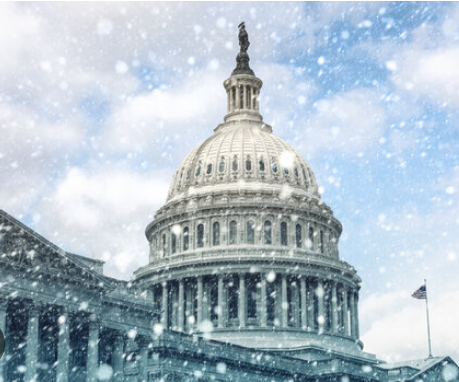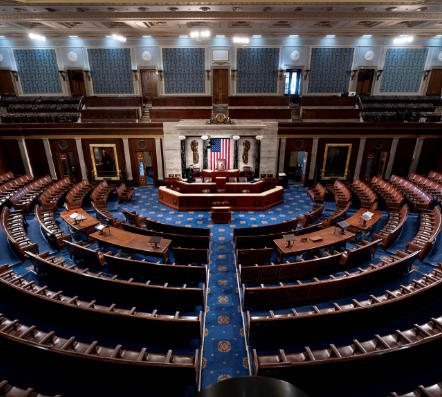Global Workforce: The OECD
Local Development Forum In Cork, Ireland

Ron Painter
President and CEO, NAWB
In June, the Organisation for Economic & Community Development (OECD) celebrated 40 years of initiatives focused on local employment & development efforts with an event in Cork, Ireland. Many of the OECD’s thirty-eight member countries sent representatives; I was honored to be invited to participate as a speaker.
The opportunity to inhabit an international perspective is always special, and the chance to mature in that perspective most of all. The Prime Minister of the Republic of Ireland opened the event in Ireland’s native Gaelic tongue; his remarks focused on the current Irish economy and the skills necessary for the workforce. Numerous panels of subject-matter-experts covered the impact of the pandemic on their countries, the issues still emerging amid the recovery, and the long-term lessons they’d learned. This was workforce development on the global scale.
Small Enterprise and The U.S. Perspective
On a panel with six other representatives from across Europe with portfolios in labor, economic development, and industry, I was asked to present the U.S. perspective– on our efforts to meet the skills needs of workers and business, as our economy emerges– and offer thoughts on future considerations for workforce development.
It was a fascinating discussion. We each had an opening statement; then we responded to a question from another panelist, and in turn, we proposed our own questions. This was followed by a lively interchange with the audience, whose questions and comments focused specifically on the support being provided to small and mid-sized enterprises. The issue of who finances skill development was central, as always.
The loudest and most sustained applause followed remarks from the former Minister of Ukraine to the OECD. She presented a deeply personal and emotional account of the Russian invasion and the need for strong support.
Considering the Future and the Responsibility of Power
In another session, I was one of thirty people, along with Peter Creticos from Chicago, considering six future scenarios identified by OECD. Our task was to work in small groups to think of both positive and negative consequences if the given scenario accelerated, or decelerated.
The thirty of us were from an array of countries and disciplines. Some parts of the experience were strange: like listening to the report-out from the group whose scenario was a continuing degradation of U.S.-China relations. They concluded that this would result in a world divided by the use of “western” or “eastern” technology blocks: confusion in the movement of goods between the two spheres, sticky geopolitical questions for every nation, and enormous implications for the U.S. and China themselves.
The table had no participants from either China or the U.S. The thought “with great power comes great responsibility” came to my mind, and not for the first or last time during the conference.
I thought, then, that it might be good for many more Americans to feel the anxiety I felt during the session. As new disturbances emerged in the U.S.-China relationship just in the last two weeks, that idea returned to me with growing urgency.
We can never isolate ourselves from global engagement. More than once a delegate thanked me for the U.S. support of Ukraine, and expressed hope that our resolve would not waiver. In Ireland, many Irish families have opened their homes to families of Ukrainian refugees, and as often, to children sent from away from their parents, alone, to safety. We exist individually as nationals, but our lives are not determined just by what passes within our domestic borders. Certainly, our futures are global.
Concerns and Needs of Young People
Young people were the central topic– and central participants– in a session on younger generations. Randall Ebert from the Upjohn Institute was a panelist, among others from the U.S., Portugal, Germany, and Ireland; the young people were from a local Irish high school.
One topic was the consistent result of surveys of young people, which show that a vast majority experience bouts of depression and anxiety more frequently than “occasionally.” Data shows this clearly, and further, that young people often feel unheard by the adult world and unable to find career mentors.
The Germans pointed out the success of an initiative they undertook: a series of “listening” sessions with students around Germany, which prompted several municipalities to add staff specifically to meet with youth and youth-serving organizations, and to arrange meetings between young people and local elected officials.
This theme of “listening” was reinforced by several panelists and session participants. Many Irish students can take a “transition year” after high school, much like the Canadian “13th year”. Young people can use this time to find mentors and counselors and sort out their next steps.
For me, a nagging thought persisted about what culpability we have as a workforce system for young peoples’s sense of being lost and unheard. As workforce development professionals, we talk (and argue) about skill development: but when do young people– and all workers– get to hear about their own right to a safe workplace, and fair pay?
When and how do we talk about appropriate ways to call out a supervisor, or an employer? When and how do we allow young people to reflect and plan in an environment where they are supported, with access to mental health care? I felt prompted to reflect, and I began conversations with several of my colleagues, asking: what is our role?
The high school students from Cork demonstrated the capability and humanity their generation brings to us: they had recognized food waste at their school, organized a student effort in response, and produced over 7500 meals for those in need during the pandemic.
The difficulty all attendees shared was in finding funding. That of course led to a short discussion on the politics of funding issues.
Facing Environmental Crisis
Finally, I want to make note of a panel discussing efforts to pursue environmental sustainability.
The panel, which included Geri Yang-Johnson from Green-for-All in the U.S., challenged us to hold those who have made zero-carbon commitments accountable: individuals, organizations, and nations alike.
I was struck throughout the conference by the resolve of the participants and elected officials from Ireland, and really from all our European colleagues, to forthrightly face the climate crisis.
Closing Thoughts
Being among colleagues from around the globe was a wonderful experience, as it always is. I’m appreciative of the invite from OECD, and for the hospitality of the community of Cork.
I want to remind us, as I was reminded there, that the future isn’t yet written, and we are not passive participants. We can shape it by our choices, making a positive difference for those who follow behind us.
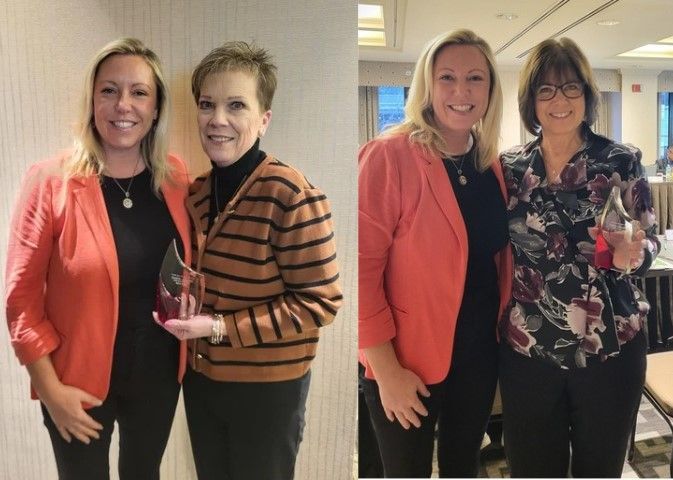
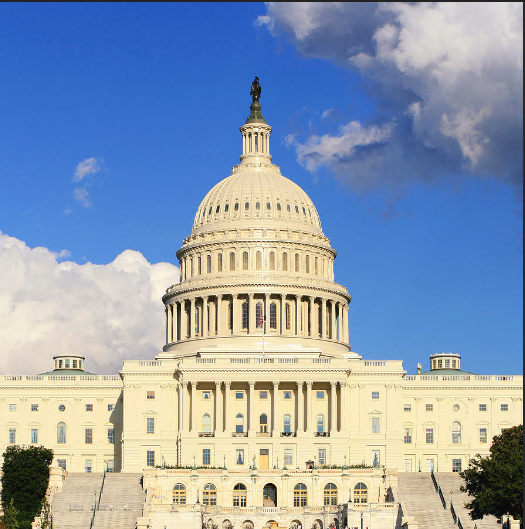
National Association of Workforce Boards | All Rights Reserved |
Created by Olive + Ash.
Managed by Olive Street Design.


